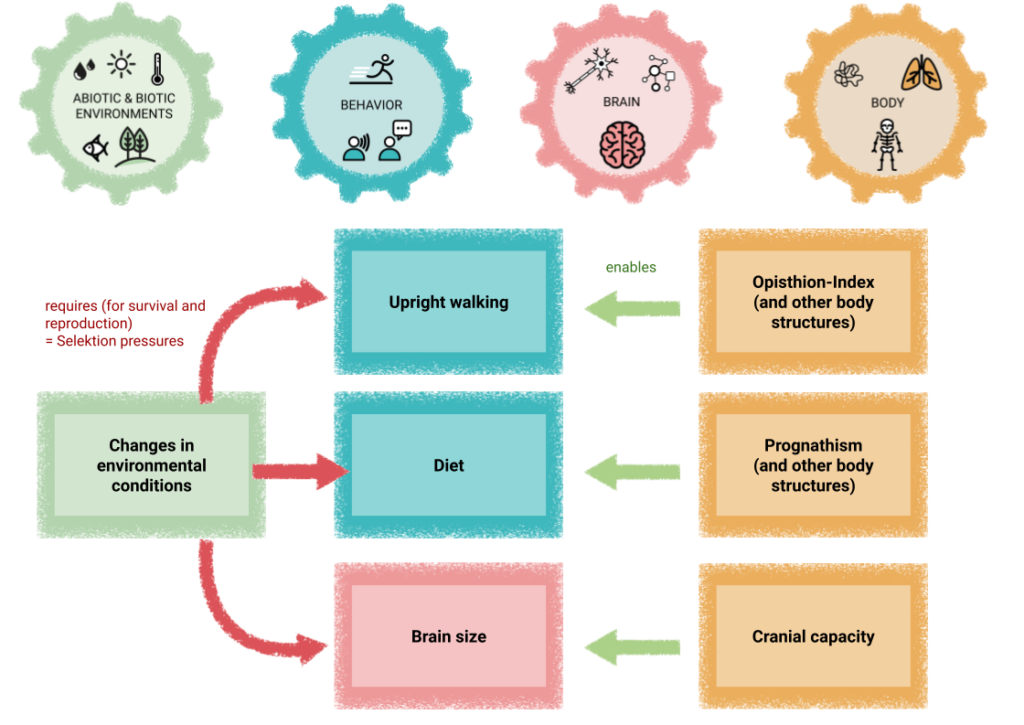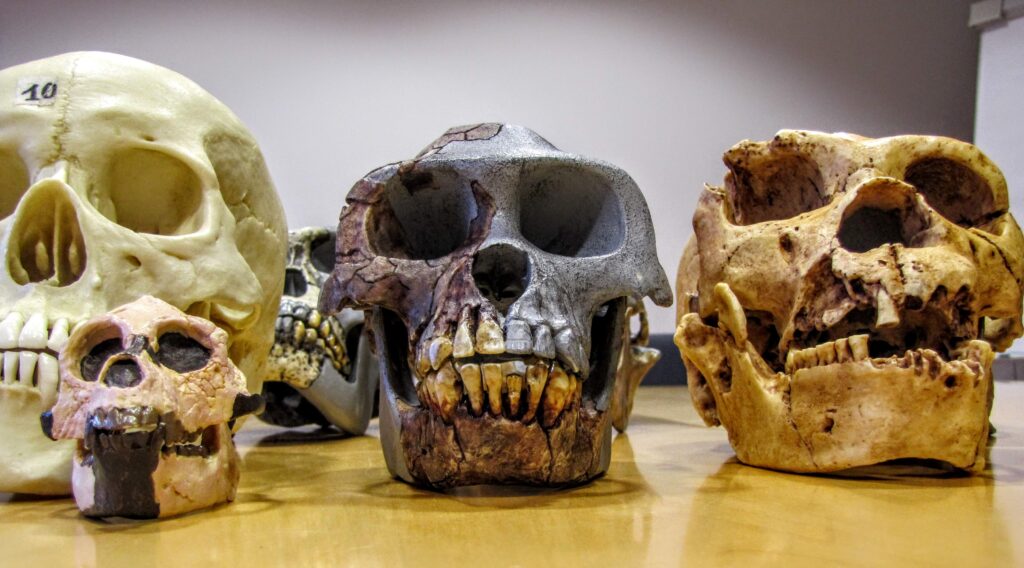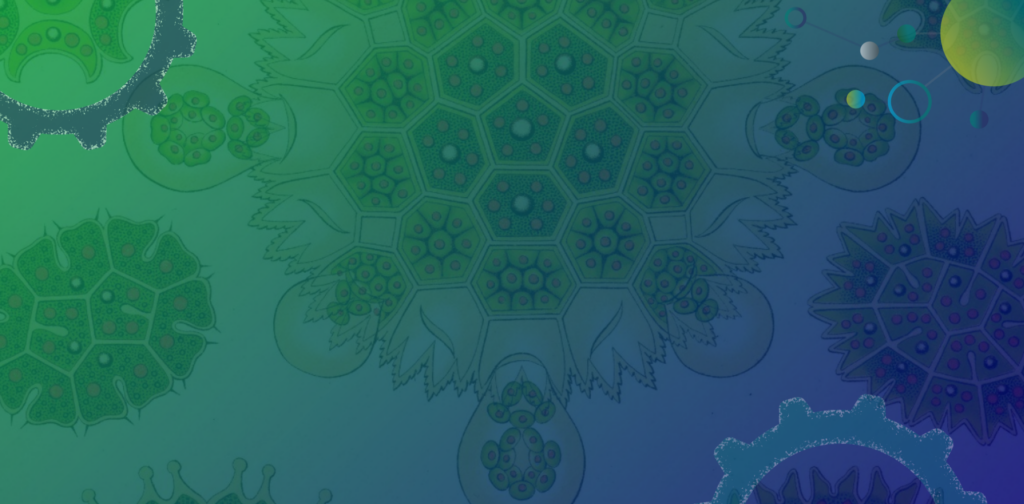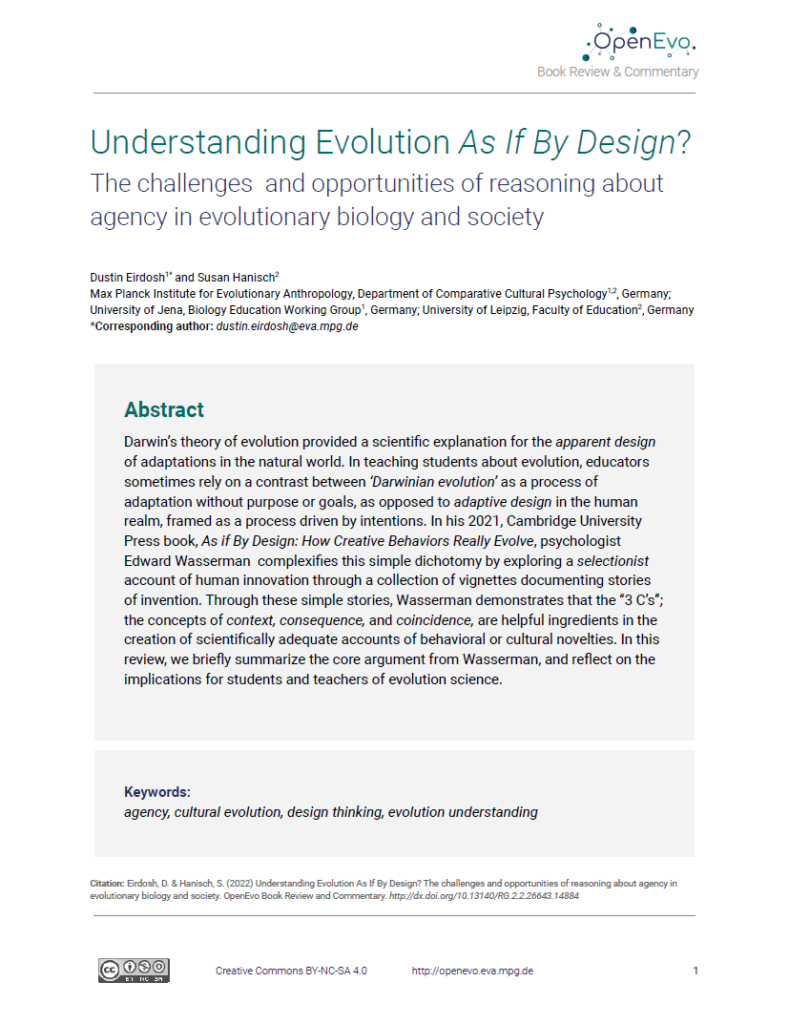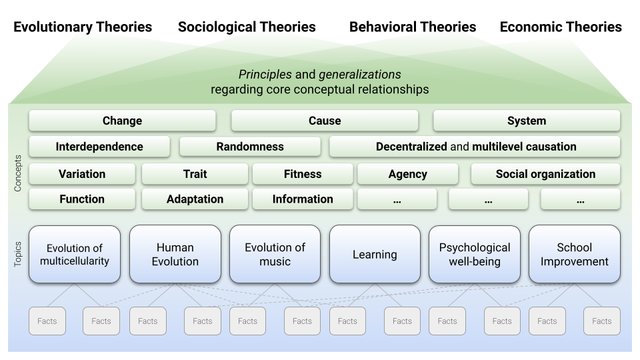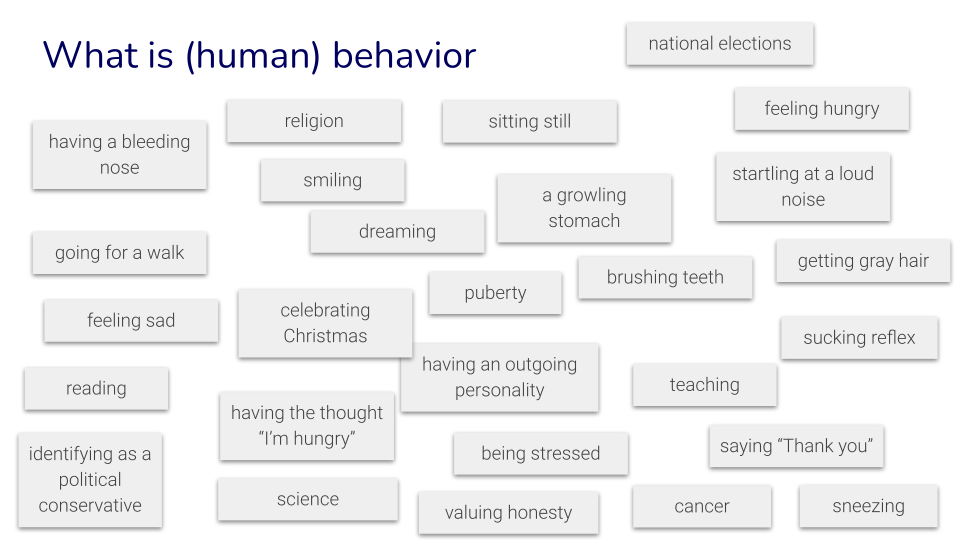Causal map materials for skull morphology and related traits
Materials for constructing an initial causal map relating observable features of fossil hominin skulls, behaviors, and environmental conditions
Causal map materials for skull morphology and related traits Read More »

